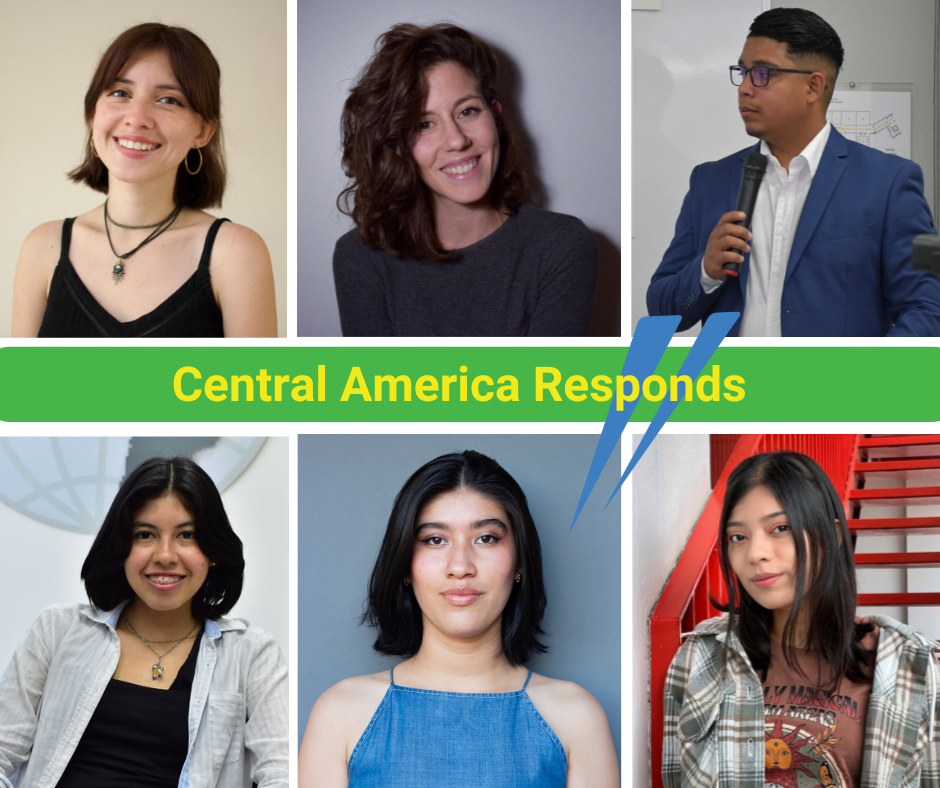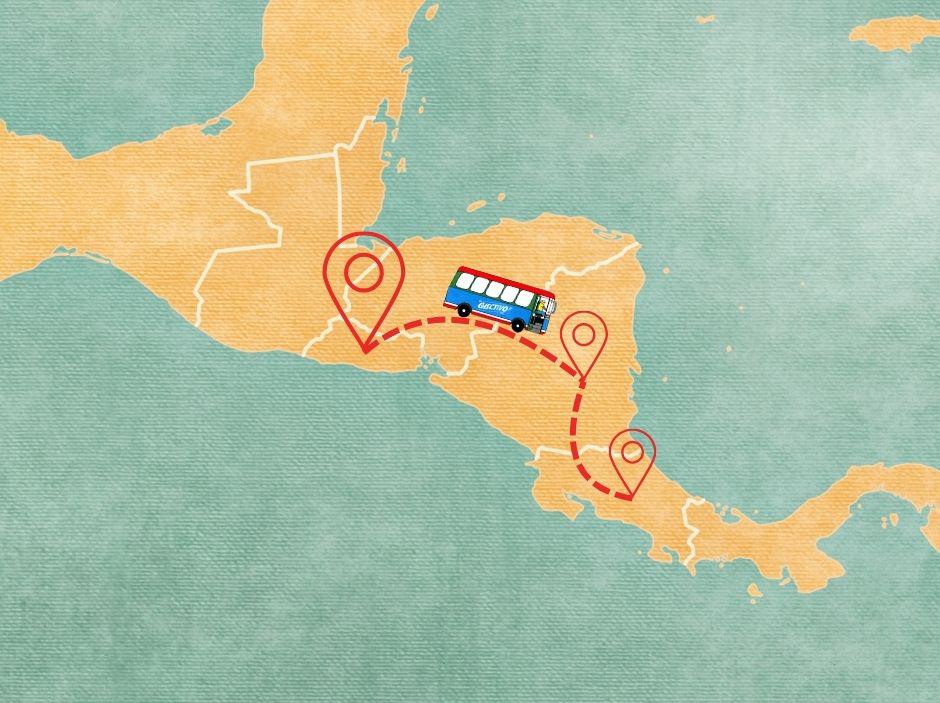When we put out a call for ideas from journalists around our region to jump on board for training and reporting about what’s working in their countries, we wondered… would anyone respond?
After all, when we go out and promote solutions journalism, we often get a lot of pushback. So many people have asked some version of this question: “How do you expect journalists to do rigorous, in-depth reporting on things that are going right in their countries, when they might be experiencing authoritarian regime and attacks on press freedom—not to mention all the ‘regular’ problems of poverty, violence, corruption, ad infinitum?”
The answers, for a long time, was: “We don’t know. But we’re going to find out.”
And you know what?
Journalists did respond.
Since we launched our new Latin American Solutions Journalism Fund in March, 14 journalists from across the region participated in an in-depth, joint Train the Trainers we offered with the Solutions Journalism Network. Of those, six journalists—all women, as it happened—completed an additional practicum to become officially certified. These women went on to train 90 more people in their countries, including journalists in exile who participated in complicated and vibrant discussions of what solutions journalism might look like in their extreme context.
To date, 73 trained journalists have become Members of our new Latin American Solutions Journalism Fund. And after our first call for story ideas, we funded six pieces about how communities in their country have created their own responses—responses to the problems they face. Food scarcity. Lack of access to water. Environmental crises.

These are the stories you’ll hear, read, and see throughout the month of November. In “Central America Responds,” you’ll learn about what’s working in our region, amidst all that is not.
Throughout the month of November, you’ll meet these journalists, get to know more about the communities they serve, and find out what they learned when they set out to study what’s working near them. And you’ll be invited to join us in conversations about the state of journalism in Central American countries, and the role that solutions journalism is playing.
If you’re deeply concerned, as we are, about what’s happening in Central America, we hope that you will respond, too: by listening to the stories these journalists have to tell, and by letting us know what you think.





